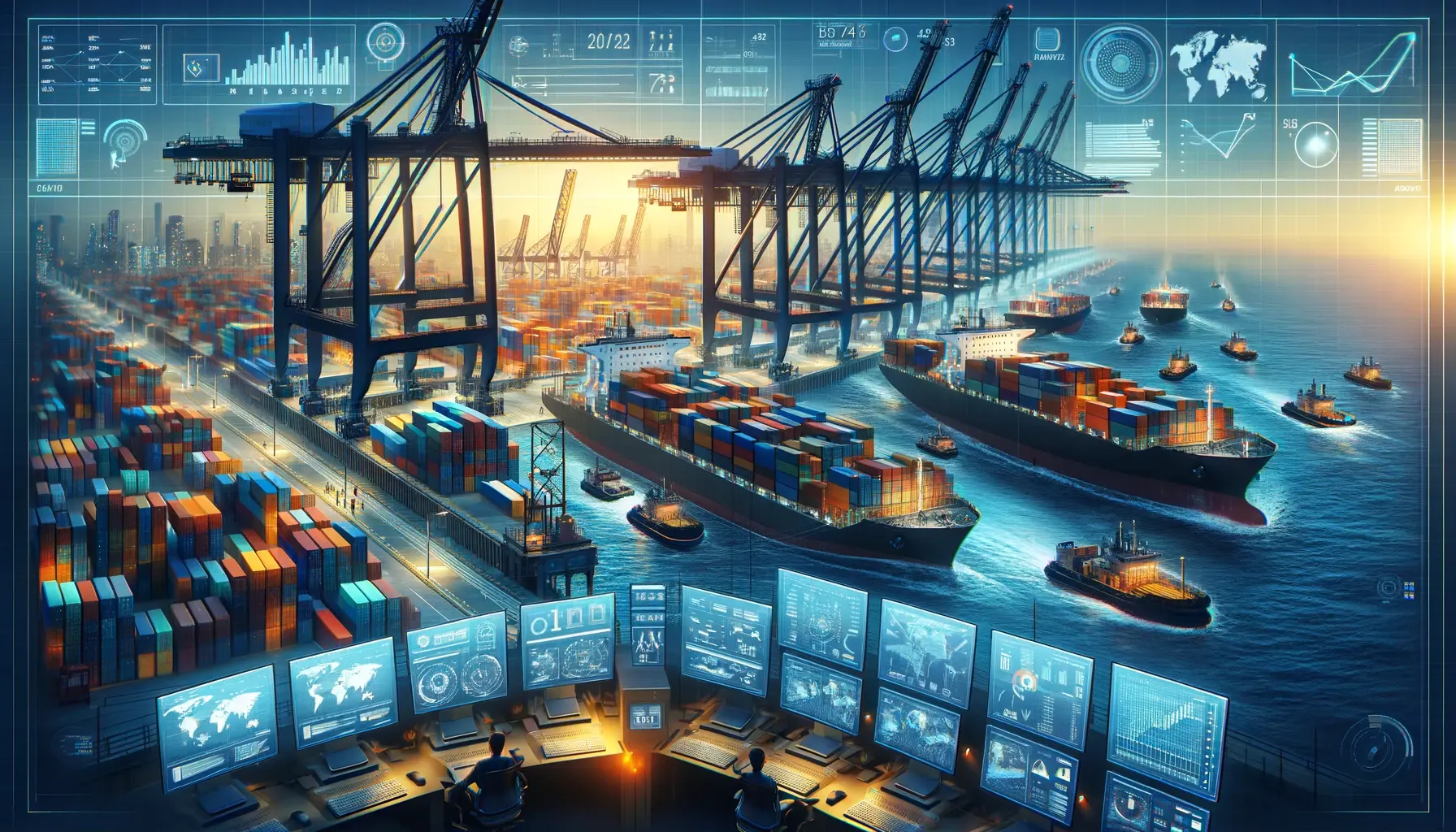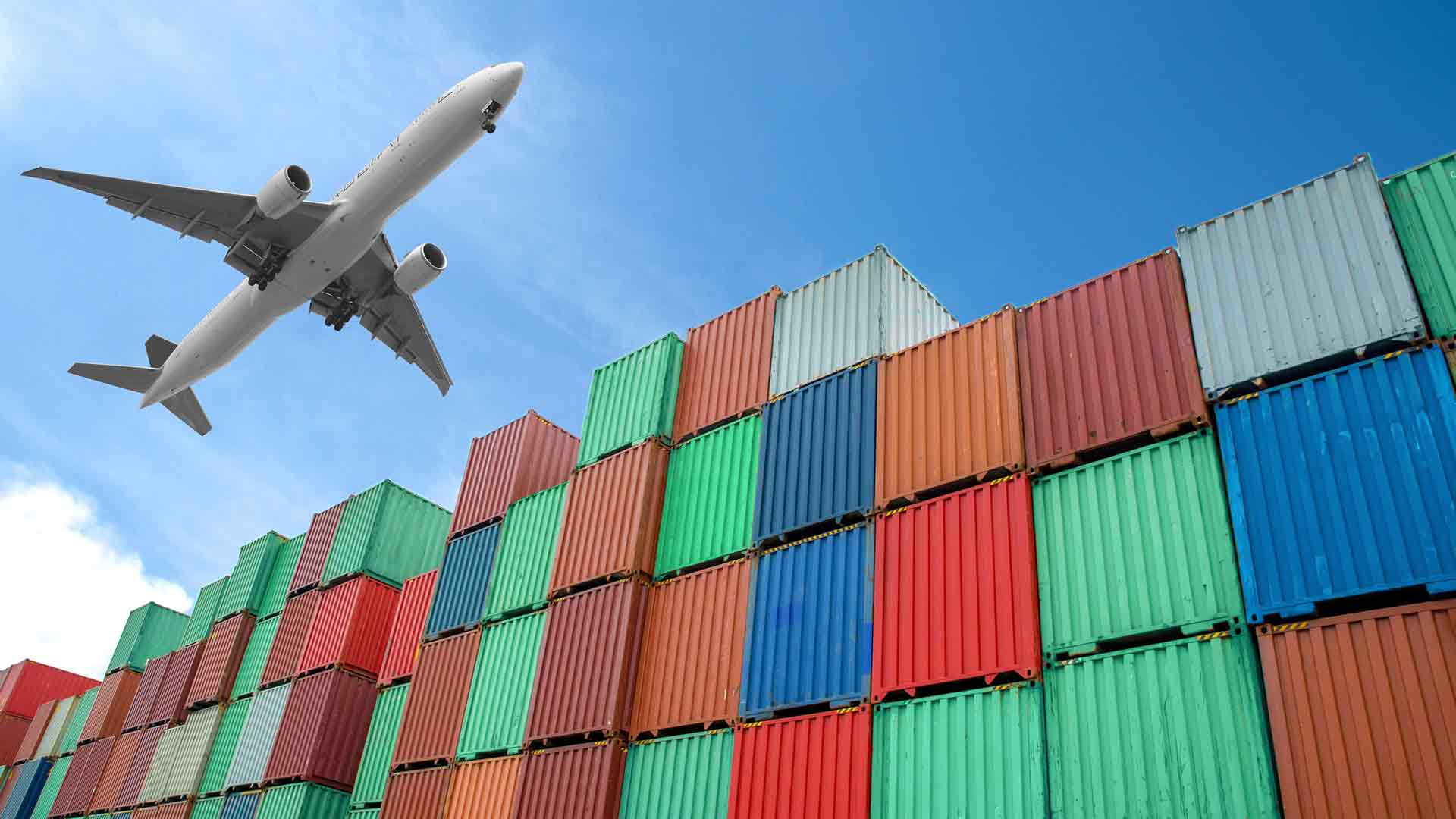February 6, 2024
Adapting to Global Supply Chain Challenges: Red Sea Crisis and Panama Canal Drought

In the ever-evolving world of international logistics, adaptability and informed decision making are paramount. Today, we face two significant challenges reshaping the global trade landscape: The Red Sea crisis and the Panama Canal drought. At The Block Logistics, we remain steadfast in our commitment to helping our valued clients navigate these complex waters.
Understanding the Red Sea Crisis
The Red Sea, a vital artery for global shipping, has garnered significant attention due to ongoing geopolitical tensions and security risks. Houthi militants in Yemen have targeted commercial shipping, necessitating the diversion of vessels away from the Suez Canal. While addressing immediate security concerns, this diversion has led to extended lead times and disruptions in cargo schedules impacting supply chains on a global scale.
Impact on Shipping Schedules
Prominent shipping companies including industry leaders such as Maersk and Mediterranean Shipping CO. (MSC), have been compelled to adjust their schedules for container services between Asia and the US East Coast due to the Red Sea Crisis. This has understandably caused ripple effects across supply chains, affecting scheduling and planning for businesses across various industries.
The Domino Effect: Cargo Surges and Strategic Planning
One of the most significant challenges arising from the Red Sea crisis is the potential for a cargo surge when ships eventually return to the Suez Canal. Due to the extended supply chain, the decision to circumvent southern Africa temporarily has resulted in a “loss” of cargo in certain weeks. When normalcy returns, there will be an “extra” weeks’ worth of cargo, potentially leading to congestion and operational challenges in ports and hinterland infrastructure.
Decreased Transits and Their Implications
Transits through the Panama Canal have decreased, and reservation slots have become more limited. December witnessed 746 ship transits, including both the older Panamax locks and the larger Neopanmax locks introduced in 2016. While the pace of the decline has moderated, the consequences for global supply chains remain significant.
Drought’s Varied Effects on Shipping Categories
The impact of the drought has not been uniform across all shipping categories. Notably, liquefied petroleum gas (LPG) transits via the Neopanamax locks have substantially declined. High-capacity LGP carriers, referred to as very large gas carriers (VLGCs), initially resorted to using the Suez Canal due to Panama’s drought restrictions. However, recent events, including security concerns in the Red Sea, have led VLGCs to circumvent Africa’s Cape of Good Hope.
Strategic Planning for an Evolving Landscape
At The Block Logistics, we understand that these challenges require strategic planning, expertise, and adaptability. Our commitment to assisting our clients in navigating these turbulent waters remains unwavering. Whether it’s comprehending the implications of the Red Sea crisis or addressing the impact of the Panama Canal drought, we are here to ensure the seamless flow of your supply chain.
In an ever-changing world, we are here to stand by your side, providing the expertise and support you need. At The Block, we remain your steadfast partner in logistics solutions. Together, we can overcome challenges and seize opportunities in the dynamic landscape of global trade.


